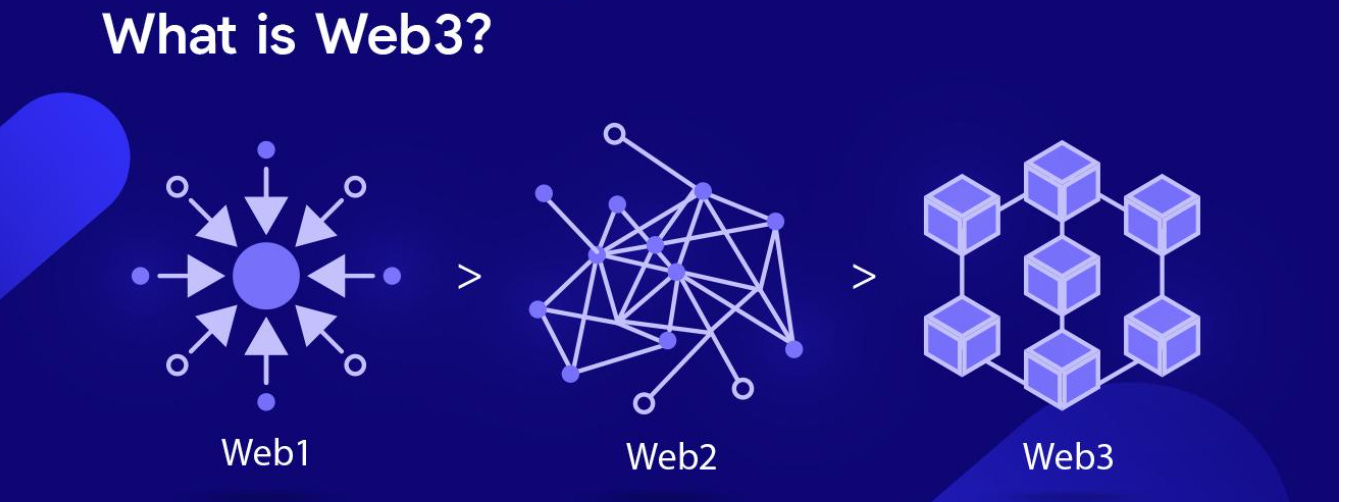There are certain buzzwords that you hear so often, they intuitively make sense based on the various contexts you’ve heard them in, but you never actually look up what exactly those terms mean. I bet ‘Web3’ is one of those terms!
Gavin Wood coined the term Web3 (originally, he referred to it as Web 3.0) in 2014. Gavin is one of the founders of the Etherum blockchain & runs the Web3 Foundation (which supports decentralized technology projects of many kinds).
When Gavin coined the term, he used Web3 to refer to a decentralized system based on blockchain, that included platforms and apps that are not owned or run by a central authority, but rather by nodes on the system who earn their ownership stake by helping to develop and maintain those services. (Read my explainer on blockchain, if that didn’t make sense)
Web 1.0 was the birth era of the internet, comprising of individual static web pages. Web 2.0 came next, with the advent of e-commerce & social media platforms where the internet became a place for two-way or even multi-way communication, albeit one that was largely controlled by super-corporations like Google, Facebook, Amazon. These companies monitored user behaviour & used the data to their own benefit, while retaining control over how that information was used, monetised & governed.
Today, with all the technological innovations of the past few years, we are on the cusp of (or perhaps already in!) the next phase, i.e. Web 3.0. The term Web3 has evolved into a wider concept than what it was originally coined for. Web3 represents the next phase of not just all things internet, but also in society, where use & access to information is controlled by community-run networks rather than by a handful of corporations. A somewhat utopian future where users will have power over their own data. It could potentially flip the monetization paradigms of Google or Meta.
Decentralised Finance (DeFi) is one example of Web3. Who needs the big banks, when financial services can be delivered by networks. Think broader, think of entertainment by way of user-generated content where that user determines how & who he gets to share it with. Think of artists having control over how their art is monetised & sold (let me explain NFTs in a separate piece!). Think of platforms which connects freelancers to consumers.
Its all very idealist, some call it revolutionary. Moving from the theoretical utopian world of ‘no-monopolies, all-mass-ownership’ to the real world though, much is spilled between the teacup & the lip. A WSJ article says that just 0.01% of bitcoin holders control 27% of the currency in circulation. So much for mass ownership, hah!



